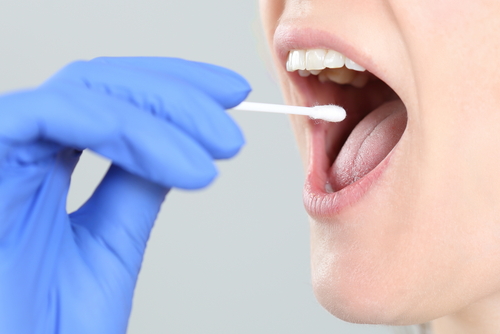A Saliva Test to Diagnose Lupus May Soon Become a Reality

With a $387,000 grant from the National Institutes of Health, researchers at the University of Houston are developing a new diagnostic test for lupus patients that uses saliva instead of the standard invasive methods.
Led by Chandra Mohan, MD, PhD, and a Hugh Roy and Lillie Cranz Cullen Endowed Professor of biomedical engineering, the team aims to create a test that detects anti-double stranded DNA (anti-dsDNA) antibodies — a known biomarker of the disease — in saliva samples from patients.
Diagnosing lupus and evaluating organ involvement is commonly performed with blood tests and kidney biopsies. But these tests are invasive and often uncomfortable.
In lupus patients, anti-dsDNA antibodies are found at high levels in the blood and are often used to diagnose patients. Scientists have found that these antibodies also show up in saliva, setting the ground for a salivary test.
“Now we need to find out if salivary anti-dsDNA is at least as good if not better to test than blood anti-dsDNA,” Mohan said in a university news release written by Laurie Fickman. “If it is, then that is great, because wouldn’t you rather give saliva than blood?”
Supported by the presence of anti-dsDNA antibodies in saliva, the team will investigate if these autoantibodies, or other salivary biomarkers, are specific enough to distinguish a lupus patient from a healthy individual. They will also test if saliva can be used to determine which patients have lupus nephritis, which appears when lupus antibodies attack the kidneys.
Mohan’s team will be working in collaboration with Michelle Petri, professor of medicine at Johns Hopkins School of Medicine, to evaluate samples collected from a large cohort of lupus patients, along with other conditions that could represent a control group.
Results are expected to provide the basis for the development of a home-based kit similar to a urine test being developed by Mohan and UH engineer Richard Willson to detect lupus nephritis flares.
“The same kit could be used to test saliva, but with urine we already know some of the biomarkers to look for,” Mohan said. “In the case of saliva, this grant will help us study what to look for and how to identify the proteins that are useful as biomarkers in saliva.”





